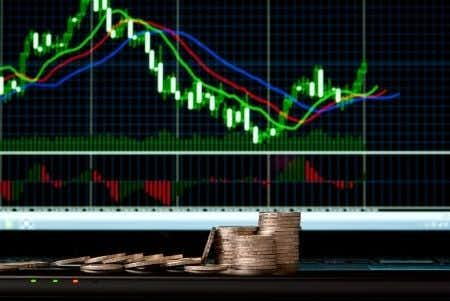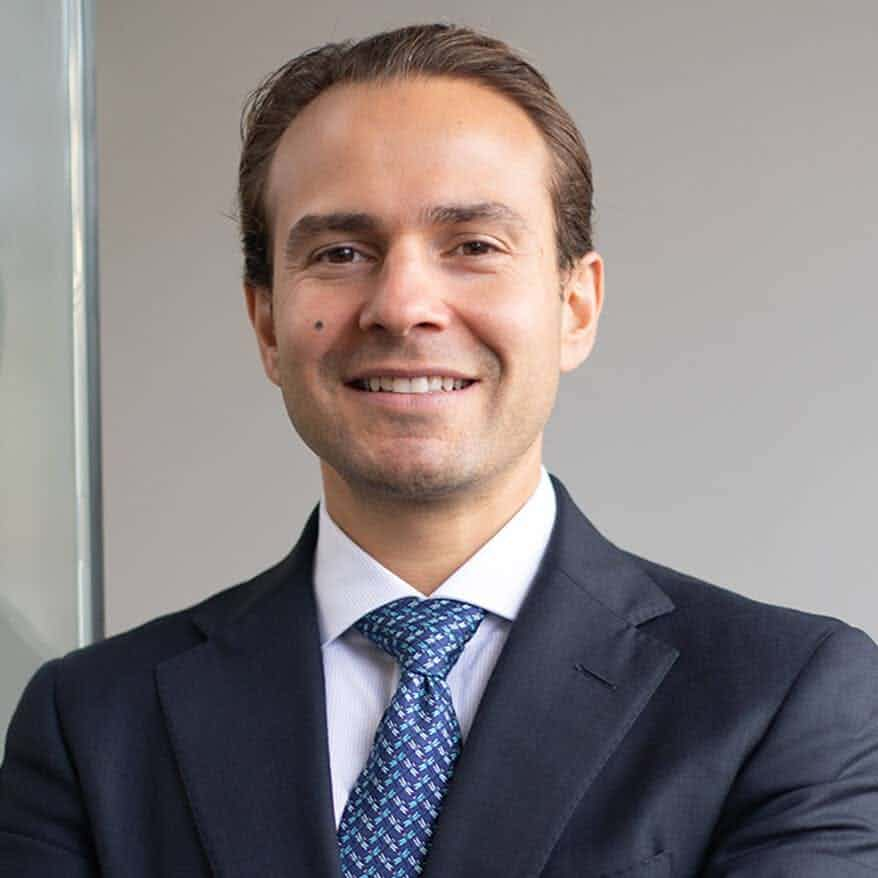This case involves the manager of a financial company that solicited customers to open leveraged forex trading accounts that the manager was supposed to trade on behalf of customers. The manager used telemarketers that were hired through Craigslist ads. The telemarketing campaign used fake titles (such as Risk Manager and Senior Risk Manager) to solicit customers, utilizing Robocall technology to reach mass amounts of people. The manager solicited customers by telling them that the company had a successful trading record and had yielded an average monthly return of 4.6% over a 20-month period. The manager told customers that the company would manage the forex trading in individual customer accounts. The manager did not manage or trade any customer account. The manager misappropriated customer funds and used them for personal expenses and business expenses. The manager also issued false account statements to customers that purported to show profits. The manager never actually created any customer accounts and the company never generated any profits. The manager was charged with several violations of the Commodity Exchange Act.
Question(s) For Expert Witness
1. Can a manager at a financial company be charged with violating the Commodity Exchange Act for making false statements to customers and misappropriating customer funds?
Expert Witness Response
The manager in this case probably violated several provisions of the Commodity Exchange Act. Sections 4(b)(a)(2)(A)-(C) of the Act make it unlawful for any person to cheat or defraud a customer by willfully deceiving them in a contract for the sale of a commodity. Since the manager did not tell customers that he solicited funds only to use them for personal and business expenses and did not engage in any forex trading, he is probably guilty of violating the Act’s provisions about misappropriating customer funds. The manager is also probably guilty of solicitation fraud because he solicited customers by promising them that the company would engage in forex trading when the company actually did not trade any customer account. The manager is also probably guilty of making false statements to customers because he issued false account statements that he knew contained untrue statements about customer funds. The Commodity Futures Trading Commission (CFTC) is the federal agency that regulates the trading of commodity futures and options contracts in the United States. Usually, in these types of cases, the CFTC may file charges against the company and require them to pay restitution to defrauded customers and also pay civil monetary penalties.
About the author
Michael Talve, CEO
Michael Talve stands at the forefront of legal innovation as the CEO and Managing Director of Expert Institute. Under his leadership, the Expert Institute has established itself as a vital player in the legal technology arena, revolutionizing how lawyers connect with world-class experts and access advanced legal technology. Michael's role involves not only steering the company's strategic direction but also ensuring the delivery of unparalleled intelligence and cutting-edge solutions to legal professionals. His work at Expert Institute has been instrumental in enhancing the capabilities of attorneys in case preparation and execution, making a significant impact on the legal industry's approach to expert consultation and technological integration. Michael's vision and execution have positioned the Expert Institute as a key facilitator in the intersection of law and technology.

